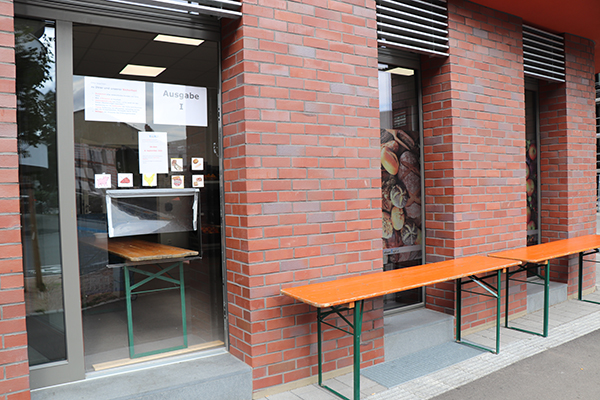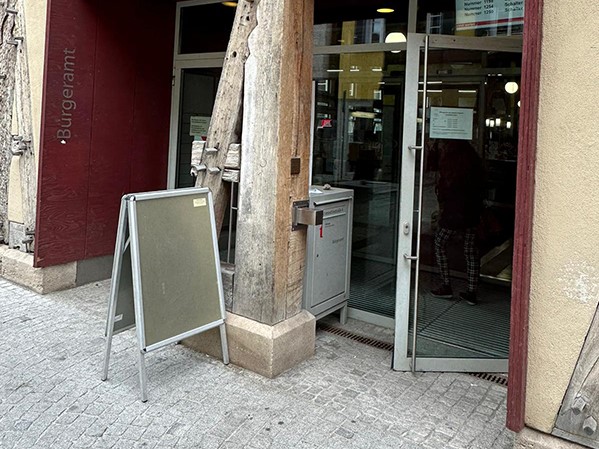For many weeks, the media have been reporting that thousands of refugees from Arab countries and Afghanistan are trying to reach the EU at the borders of Belarus with Poland and Lithuania. There they want to apply for political asylum after being flown to the capital Minsk and brought from there to the border. Poland has erected a high barbed wire fence at the border and border guards keep pushing the refugees back into Belarusian territory, where they have to camp out in the open in the winter cold. There have already been several fatalities. The EU accuses the Belarusian president of abusing the refugees to achieve political goals.
“Such instrumentalization of refugees has a long history”, said American political scientist Kelly M. Greenhill in a recent interview with “Mediendienst Integration”. Her research on the subject, she said, has found “that there have been over 75 such cases alone since the middle of the last century. And the actual number could be much higher, because states that use these pressures don’t always do so publicly.” In about three-quarters of cases, at least some of the policy objectives are also achieved, she said.
Greenhill mentions Yugoslavian President Slobodan Milosevic as an example of this form of political blackmail: “He tried—unsuccessfully—in the run-up to the 1999 Kosovo war to stop NATO from bombing his country by threatening migration crises. Later, he tried to force NATO to stop the ongoing bombing by first threatening and then actually causing the emigration of at least 800,000 Kosovo Albanians.” In 2004, the then-Libyan leader Muammar Gaddafi succeeded in lifting sanctions against his country by promising to curb the growing number of North African migrants and asylum seekers. Finally, in 2016, Turkey also successfully used the threat to “flood” Europe with Syrian civil war refugees: “In the process, the Turkish government demanded six billion euros in financial aid from the EU, the resumption of talks on visa-free travel in the EU, and the resumption of EU accession talks”, she said.
Greenhill suspects that the Belarusian president’s motives are, on the one hand, “retaliation against the EU for the sanctions and the ongoing criticism of his regime”. On the other hand, it could be that Lukashenko wants to persuade the EU to lift its sanctions against Belarus and recognize him as a legitimate head of state despite the accusations of electoral fraud.
Greenhill, the political scientist who teaches at Tufts University in Boston, is critical of the rejection of refugees at the Polish border: “Since Poland has signed the Geneva Refugee Convention and the European Convention on Human Rights, these rejections represent a breach of international law. Moreover, this attitude often encourages other states to follow suit. It represents a departure from the core values of liberal democracies. Ultimately, the long-term costs to liberal values and the self-image of the states involved may be far greater. Higher than the short-term humanitarian and assimilation costs of accepting migrants and refugees—the real victims of this kind of coercion.”
Full interview: “Die Instrumentalisierung von Flüchtlingen hat eine lange Geschichte” | Artikel | MEDIENDIENST INTEGRATION (mediendienst-integration.de)
tun21120603
Ein Stacheldrahtzaun. Foto: tünews INTERNATIONAL / Martin Klaus.




